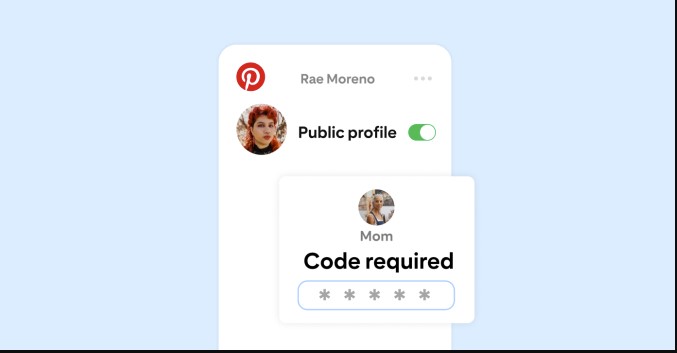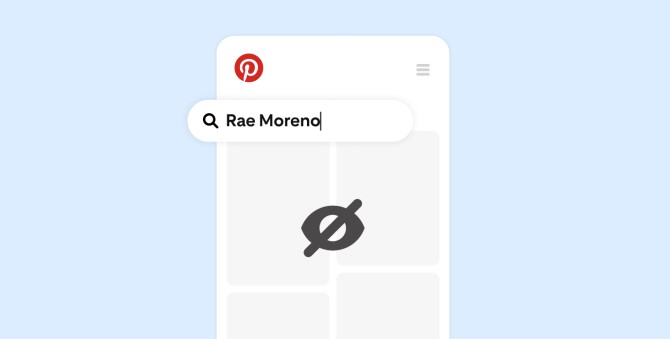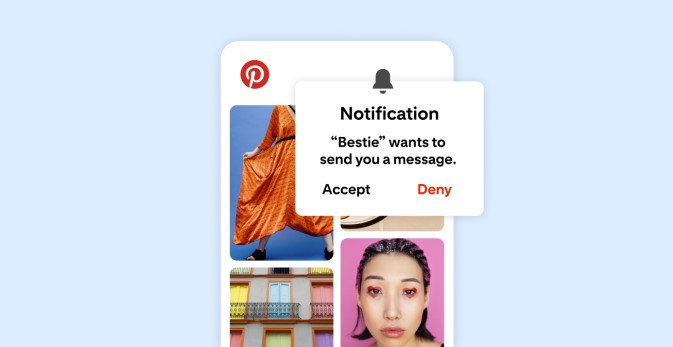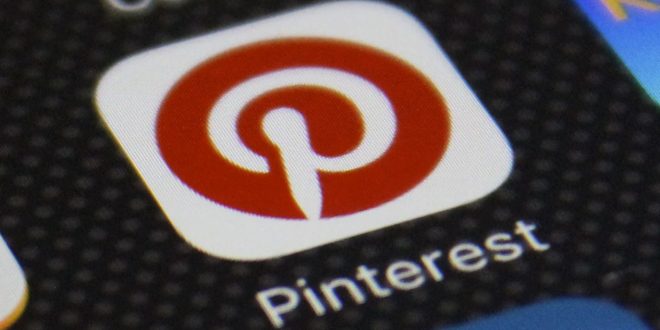On Tuesday, Pinterest announced new parental controls and age verification policies following last month’s NBC News investigation into pedophiles using the service to curate image boards of young girls. However, the company said it would soon reopen some of its locked-down features for teens to message and share content.
The investigation tarnished Pinterest’s carefully crafted reputation as one of the last safe and positive places online. The report found that Pinterest, like other social media platforms, was vulnerable to abuse. The report found that grown men were using the site to create image boards of young girls, sexualizing innocent photos of children doing gymnastics, dancing, sticking out their tongues, wearing bathing suits, and more. Pinterest’s recommendation engine suggested more images like the predators’ initial searches, making it easier to find similar content.
Two U.S. Senators contacted Pinterest after the report to request more safety measures and information. The company said it added more human content moderators and new features that allow users to report content and accounts for “Nudity, pornography or sexualized content,” including “intentional misuse involving minors.” Users could only report spam or inappropriate cover images before.
Some online complaints allege that Pinterest deactivated thousands of accounts by mistake.
The company is adding more safety controls.
First, it will expand age verification. By the end of the month, Pinterest will require under-18 users to send additional information to its third-party age verification partner to edit their date of birth. Send a government ID or birth certificate and take a selfie for an ID photo.

Pinterest announced additional parental controls. Parents can require a passcode before their teens can change account settings. This would prevent a younger child from changing their account to an adult’s age, which matters because minors’ accounts have more protections.

Pinterest hides under-16s’ accounts by default. Many pedophiles found the young girls’ photos because they used accounts with inaccurate ages.
Teens under 16’s boards and Pins are also private. This demographic also lacks messaging and group boards. Pinterest promises to “update these features so you can safely connect with those you know” in its Help Documentation. The company announced in a blog post that teens will soon be able to “share inspiration” with friends “as long as they give them permission.”

Pinterest also promoted its bans on beauty filters, weight loss ads, and body shaming.
NBC News revealed that Pinterest’s issues extend beyond its service. In the U.S., companies are creating their own policies and rules due to a lack of social media regulation, including outdated children’s online safety laws. Since their platforms are ad-supported, they have little financial incentive to make it harder for people to sign up, use, and stay engaged.
Congress has failed to regulate social media despite many tech executive briefings. Some states, like Utah, are now writing their own laws, which complicates matters.
Meanwhile, parents and families are suffering. When children’s images are posted online, they can attract a dangerous audience, and platforms haven’t done enough to protect minors.
Creators like TikTok’s Mom.Uncharted, aka Sarah Adams, whose viral videos have shown how online predators use creator content, including family vloggers’, for dangerous and repulsive purposes, have raised awareness of this issue. She and others have been urging parents to stop posting public images of their children online and stop supporting creators who post photos and videos of young children.
Young people whose parents forced them to create online content before consent are also advocating for regulations to protect future generations. Congress hasn’t acted either.

Pinterest is used by children, and parents don’t mind because of the site’s “safe” reputation.
Pinterest reports 450 million monthly users, 60% of whom are women. Women 18-24 are the second largest age group after millennials. Pinterest should limit its use to 13-year-olds. Online statistics may not reflect Pinterest’s true demographics because kids lie about their age to use apps and websites for adults. In an annual study by Qustodio, Pinterest was the third most-used social media platform in the U.S. Fifth globally.
Pinterest stated in the announcement that its mission is to inspire people to live a life they love. It promised to keep teens safe.
 Tech Gadget Central Latest Tech News and Reviews
Tech Gadget Central Latest Tech News and Reviews




